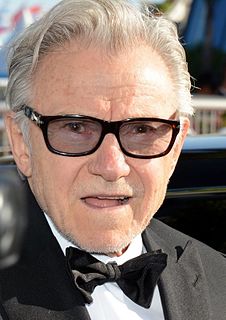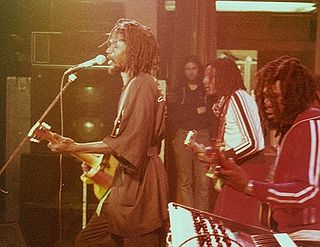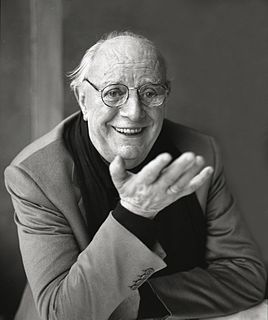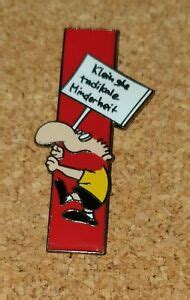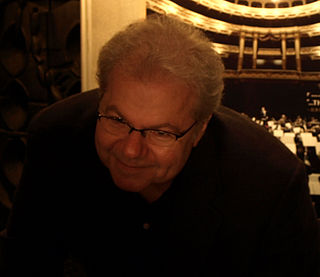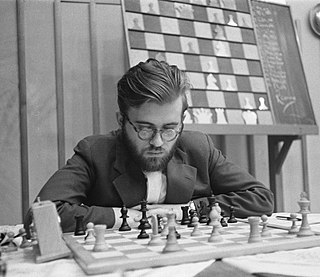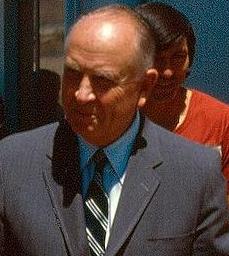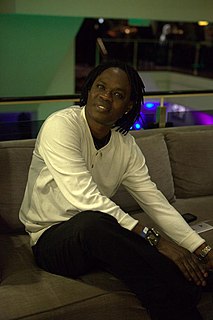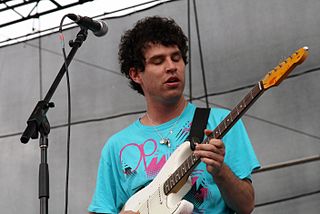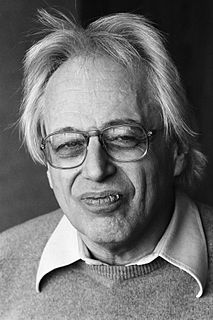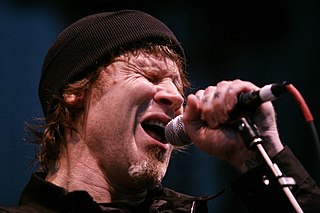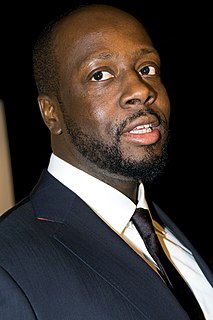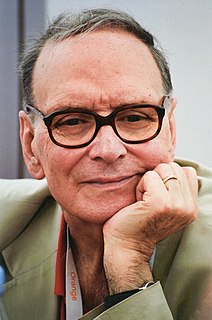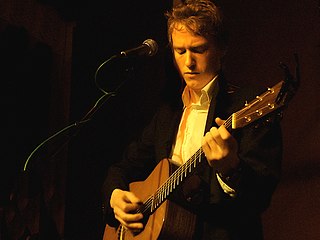Top 1200 Literature And Music Quotes & Sayings - Page 8
Explore popular Literature And Music quotes.
Last updated on November 15, 2024.
You put music in categories because you need to define a sound, but when you don't play it on your so-called radio stations that claim to be R&B or jazz or whatever... All music is dance music. But when people think of dance music, they think of techno or just house. Anything you can dance to is dance music. I don't care if it's classical, funk, salsa, reggae, calypso; it's all dance music.
It has seemed to me that literature, as I meant it, was embattled, that it was increasingly difficult to find writing doing what I thought literature should do - which was simply to push people into changing their ideas about the world, and to go further, to encourage us in the work of changing the world, to making it more just and more truly human.
The point about sales is relevant because it suggests there are cultures out there that are supporting and consuming, on a vast scale, challenging works of literature. Works of literature that in the United States would sell only a few thousand copies, if they managed to find a publisher at all. The success of these texts in Spain or Italy or wherever contributes to a kind of national conversation that we're perhaps not having here in the U.S.
In my profession it isn’t a question of telling good literature from bad. Really good literature is seldom appreciated in its own day. The best authors die poor, the bad ones make money — it’s always been like that. What do I, an agent, get out of a literary genius who won’t be discovered for another hundred years? I’ll be dead myself then. Successful incompetents are what I need.
I think competition in any kind of activity like music, art, literature - anything that's not done with a timer - is actually impossible. So, in effect, what you're doing is you're entering the lottery. You're hoping that you play well (and that) you play your best on the day that you're heard, and you're hoping that the people who are judging will like what you do.
The 20th century is a period defined by cultural and artistic movements. However, the 21st century creative-scape that we occupy now doesn't really have movements in the same way. Instead it's made up of diverse individuals working across various platforms simultaneously; art, architecture, film, music and literature.
I'd studied English literature and American history, but the English literature, which I thought was going to be helpful to me in an immediate way, was the opposite. So I had to un-think a lot of things and move out of my own head, and I learned a lot. It was like graduate school, but an un-graduate school or an un-school.
There is absolutely no single aspect of one's personality that is more important to develop than empathy, which is not a skill at which men typically are asked to excel. I believe empathy is not only the core of art, literature and music, but should also be at the core of society, from ethics to economics.
Parents...rigidly monitor the selection of television programs...and other forms of entertainment for your family. Foster in your homes a love of knowledge through uplifting literature; wholesome books; selective movies; classical and exemplary popular music; entertainment that uplifts and edifies the spirit and mind.
One of the things I want to do in the book is to explore how philosophy can be done in literature. I start doing that in the first chapter, by introducing the idea of "philosophy by showing". What literature/philosophy shows is how to look at some important facets of life in a new way, thus changing the frame in which subsequent philosophical argument proceeds.
I did not like that name "world music" in the beginning. I think that African music must get more respect than to be put in a ghetto like that. We have something to give to others. When you look to how African music is built, when you understand this kind of music, you can understand that a lot of all this modern music that you are hearing in the world has similarities to African music. It's like the origin of a lot of kinds of music.
The way to rock oneself back into writing is this. First gentle exercise in the air. Second the reading of good literature. It is a mistake to think that literature can be produced from the raw. One must get out of life...one must become externalised; very, very concentrated, all at one point, not having to draw upon the scattered parts of one's character, living in the brain.
You see Michelangelo and Picasso and you read literature. I had some innate inchoate yearning for that, but I never really saw where I would fit in. That's called art. And then something happened to pop music, which is that it became art under the hand of the Beatles, the Stones, and Bob Dylan and some other people.
I think that Indian writing in English is a really peculiar beast. I can't think of any literature - perhaps Russian literature in the nineteenth century comes close - so exclusively produced by and closely identified with a tiny but powerful ruling elite, the upper-caste, Anglophone upper middle class, and dependent for so long on book buyers and readers elsewhere.
I don't fear death. I'm not obsessed with it the way everybody else seems to be. It's wrong to say "everybody," but in literature I see it all the time - preoccupation with it, philosophical preoccupation, in fact. That's a principle element of literature and philosophy, often cited as the main element, the only real element. I say give it up.
I went to university and studied English literature, and I forgot about music. I was gonna be a journalist. But then I decided to try and be a backing singer, and my mum was like, "Go for it." If that didn't work, I was gonna go to law school. I was just being boringly sensible; trying to be a singer felt a bit indulgent.
It looks like it’s wasting time, but literature is actually the ultimate time-saver - because it gives us access to a range of emotions and events that it would take you years, decades, millennia to try to experience directly. Literature is the greatest reality simulator - a machine that puts you through infinitely more situations than you can ever directly witness.
The [Nobel] award [of Bob Dylan] is no affront to literature; it is an insult to pop music. It is a condescending ruffle of pop's hair while handing it a lollipop. An act of beaming condescension whose transparent message is: "This one guy, and just this one guy, he's so good, he transcends his trivial idiom and elevates himself into our significant one."
Take a report. It's dry, the sentences are clunky and unfelicitous, they're just conveying information. But it seems to me that if you're fully engaged in a great piece of literature, once you enter the rhythms of the language, which is a kind of music, meanings are being conveyed that you're not fully aware of. They enter into your subconscious.
Universities are an example of organizations dominated wholly by intellectuals; yet, outside pure science, they have not been an optimal milieu for the unfolding of creative talents. In neither art, music, literature, technology and social theory, nor planning have the Universities figured as originators or as seedbeds of new talents and energies.
Life's so ordinary that literature has to deal with the exceptional. Exceptional talent, power, social position, wealth.... Dramabegins where there's freedom of choice. And freedom of choice begins when social or psychological conditions are exceptional. That's why the inhabitants of imaginative literature have always been recruited from the pages of Who's Who.
Literature, real literature, must not be gulped down like some potion which may be good for the heart or good for the brain—the brain, that stomach of the soul. Literature must be taken and broken to bits, pulled apart, squashed—then its lovely reek will be smelt in the hollow of the palm, it will be munched and rolled upon the tongue with relish; then, and only then, its rare flavor will be appreciated at its true worth and the broken and crushed parts will again come together in your mind and disclose the beauty of a unity to which you have contributed something of your own blood.
My area of research is something that in all fairness has no practical usability whatsoever and the thing is I'm often asked to apologize for that. It is interesting to me that people ask 'what's the point of doing that if it's not useful?' But they never ask that, or do they very rarely ask that about art or literature or music. Those things are not gonna produce a better toaster.
I'd been making music that was intended to be like painting, in the sense that it's environmental, without the customary narrative and episodic quality that music normally has. I called this 'ambient music.' But at the same time I was trying to make visual art become more like music, in that it changed the way that music changes.
I probably spend more time writing than reading science fiction. I find that science-fiction literature is so reactive to all the literature that's gone before that it's sort of like a fractal. It's gone to a level of detail that the average person could not possibly follow unless you're a fan. It iterates upon many prior generations of iterations.
In music, what is very important is temporality of space and length, based on the breathing space the director gives the music within the film, by separating the music from various elements of reality, like noises, dialogues... That's how you treat music properly, but it doesn't always happen this way. Music is often blamed, but it's not its fault.
Mounting toward the upland again, I pause reverently, as the hush and stillness of twilight come upon the woods. It is the sweetest, ripest hour of the day. And as the hermit's evening hymn goes up from the deep solitude below me, I experience that serene exaltation of sentiment of which music, literature, and religion are but the faint types and symbols.
[Bob Dylan] is principally a recording artist, and if he weren't, it is unthinkable he would have had such an impact. He is to be heard first and read second. Well, what about plays, you could reasonably ask. Is [William] Shakespeare not great literature? Yes, obviously: but his work is great literature even to those who have never known it performed. The same is evidently not true of Dylan.
I teach a 14-week semester, and one of the things I do when I have to teach literature is, for the first half hour of the class, I have the students write the beginning of a new story every week. At the end of the semester, even if they have learned nothing about literature, at least they'll have 14 beginnings that they can take with them.
It is central to Christian living that we should celebrate the goodness of creation, ponder its present brokenness, and, insofar as we can, celebrate in advance the healing of the world, the new creation itself. Art, music, literature, dance, theater, and many other expressions of human delight and wisdom, can all be explored in new ways.
